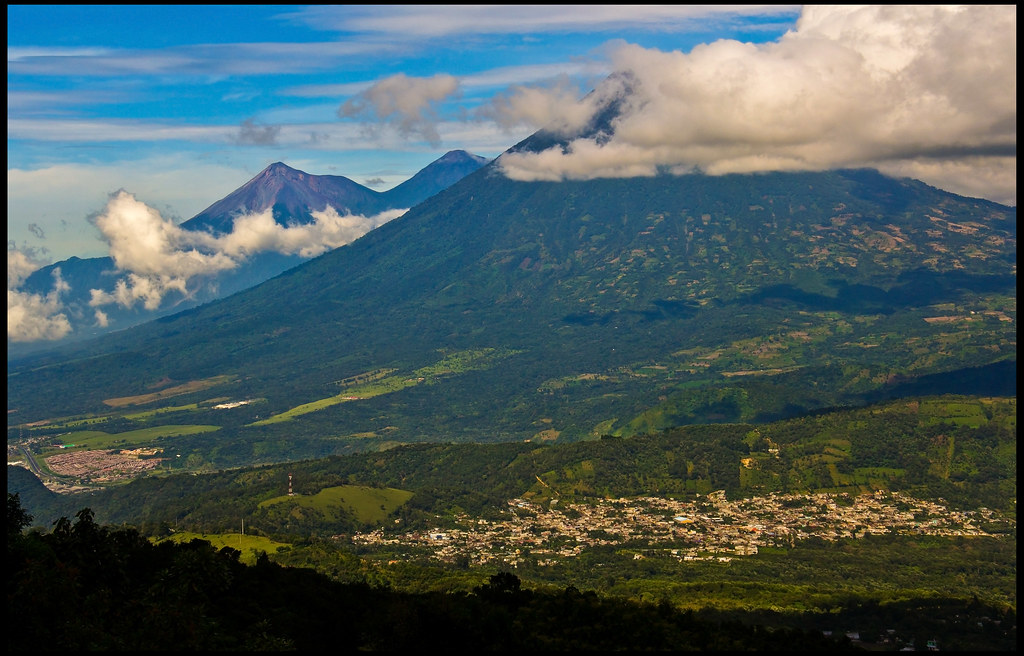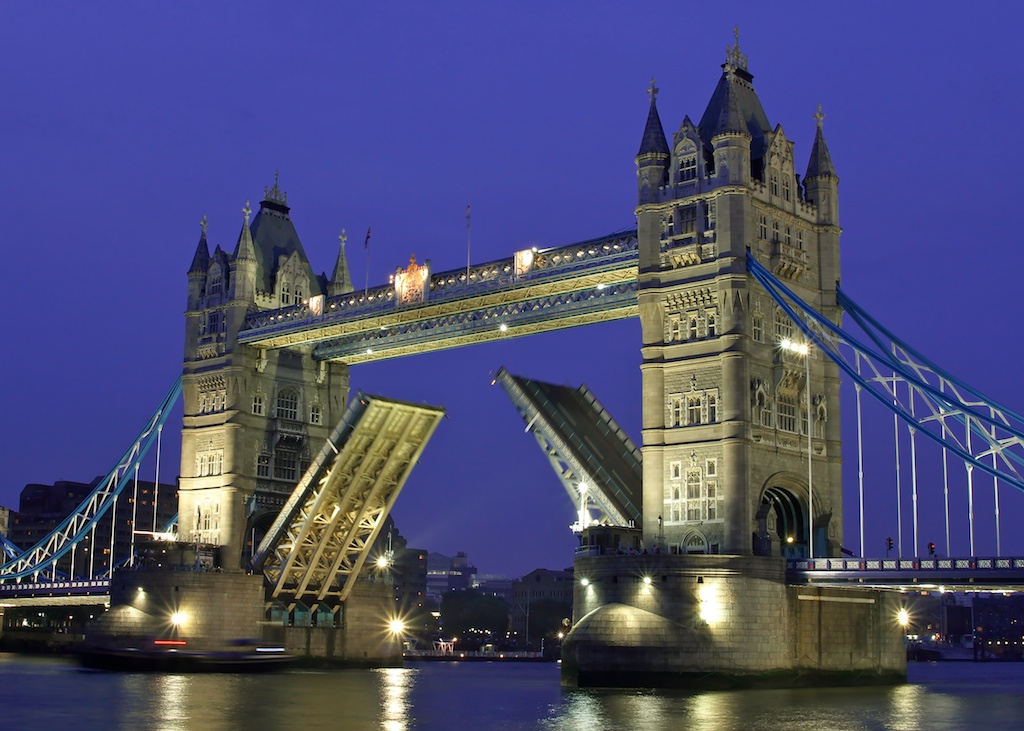Have you ever found yourself in a place where the zest for life seems to have fizzled out, leaving behind a monochromatic view of your days? Where activities that once sparked joy now seem lackluster, and the anticipation for weekends feels like grasping at straws in a bid to escape the mundane? This sense of disillusionment isn’t uncommon, especially in the wake of life’s major transitions, such as graduating from university or stepping into the world of full-time employment. It’s a feeling that can envelop us when the path we’ve carved out doesn’t align with our passions or when the repetitive cycle of work and social outings feels like a groundhog day, devoid of genuine enjoyment. This is the story of many, perhaps even yours, as it echoes the sentiments of a recent graduate who found themselves questioning the merits of their current lifestyle and contemplating the allure of travel as a potential remedy.
Understanding Anhedonia and Its Causes
The heart of this dilemma lies in anhedonia, a term you might not be familiar with but one that plays a significant role in this narrative. Anhedonia is the diminished capacity to experience pleasure, a condition that can make even the most enjoyable activities seem dull and unfulfilling. It’s a symptom that can arise from various mental health disorders, including depression, anxiety, and PTSD, but it can also manifest in the absence of a clinical diagnosis, known as situational anhedonia. The distinction between situational and clinical anhedonia is crucial, as it underscores the reality that feeling disenchanted with life’s offerings isn’t necessarily indicative of a deeper psychiatric condition but rather a response to our environments and experiences.
The causes of anhedonia are multifaceted, rooted in the brain’s reward circuit’s ability to perceive and respond to pleasure. This intricate system relies on the neurotransmitter dopamine to signal what activities are worth pursuing. However, in the state of anhedonia, this signaling goes awry, leading to a diminished interest in previously enjoyable activities. Factors such as prolonged stress, inflammation, and exposure to a world rife with uncertainty and threats can exacerbate this condition. The result? A pervasive feeling of disinterest and a nagging question: ‘Is this all there is to life?’
Here’s where the narrative takes a hopeful turn. Anhedonia, while challenging, isn’t insurmountable. The journey to reclaiming joy and motivation in life begins with acknowledging the situation and adopting strategies to counteract the feelings of emptiness. Lifestyle changes, such as improving sleep quality, engaging in physical activity, reducing stress, and fostering meaningful social connections, can significantly impact our mental well-being. Additionally, limiting electronic device use, especially before bedtime, and practicing self-compassion can further aid in this quest.
Another powerful antidote to anhedonia is rekindling our relationship with activities that once brought us joy, albeit with a shift in perspective. Rather than seeking outright pleasure from these activities, the focus should be on participating without the pressure of deriving immediate satisfaction. This approach encourages mindfulness and appreciation for the experience itself, irrespective of the outcome.
For many, the concept of travel resonates as a beacon of hope, a means to break free from the shackles of routine and rediscover a sense of purpose and connection. Travel offers a unique opportunity to step outside our comfort zones, engage with diverse cultures and landscapes, and, most importantly, reconnect with ourselves. It propels us into situations where every interaction, every new sight, and every challenge is a step towards self-discovery and a deeper understanding of the world around us.
Embarking on a journey with the expectation that it will magically solve all our problems is a recipe for disappointment. Travel isn’t a panacea for life’s woes but rather a tool for exploration and growth. It’s about immersing ourselves in new experiences, learning from them, and allowing them to shape our perspectives. The beauty of travel lies not in escaping reality but in enriching it, in finding joy in the journey itself and the myriad of small, significant moments it comprises.
As we delve deeper into this exploration of travel’s transformative power, it’s essential to remember that the journey to finding joy and purpose is uniquely personal. What resonates with one may not hold the same appeal for another, and that’s perfectly okay. The key is to approach travel (and life) with an open heart and mind, ready to embrace the lessons and connections that come our way, however fleeting they may be.

The Transformative Power of Travel
Let’s embark on a journey to discover how travel can serve as a powerful catalyst for finding joy, meaning, and connection in our lives, especially when we’re grappling with feelings of anhedonia or a general lack of enthusiasm about our current circumstances.
Travel, by its very nature, is an invitation to step outside the familiar confines of our daily routines and immerse ourselves in the unknown. It challenges us to navigate new landscapes, engage with different cultures, and confront our preconceived notions about the world and our place within it. This process of exploration and discovery can be incredibly revitalizing, offering fresh perspectives that breathe life into our weary spirits.
One of the most profound benefits of travel is its ability to connect us with others and with ourselves. When we venture beyond our comfort zones, we’re not just tourists observing from the sidelines; we’re participants in a global community of wanderers, seekers, and storytellers. Each person we meet, each conversation we have, adds another thread to the rich tapestry of human experience. These encounters remind us that, despite our differences, we share common hopes, dreams, and challenges. They foster empathy, understanding, and a deep sense of interconnectedness that can be profoundly healing.
Travel provides an unparalleled opportunity for self-reflection and personal growth. As we navigate unfamiliar environments, we’re forced to rely on our resourcefulness, adaptability, and resilience. These experiences teach us about our strengths and limitations, our fears and desires, helping us to cultivate a deeper awareness of who we are and what truly matters to us. This self-knowledge can be a powerful antidote to anhedonia, rekindling our curiosity and passion for life.
It’s important to note, however, that travel is not a one-size-fits-all solution. The key to harnessing its transformative potential lies in our approach. Instead of seeking escape or ticking off items on a bucket list, we should aim to travel with intention and mindfulness. This means being fully present in each moment, whether we’re watching the sunrise over a new horizon, sharing a meal with locals, or simply wandering through a bustling market. It’s in these simple, unscripted moments that we often find the most joy and fulfillment.

Furthermore, we must be willing to embrace the challenges and uncertainties that travel inevitably brings. It’s through facing these obstacles that we learn and grow the most. Whether it’s navigating language barriers, adapting to different customs, or dealing with the inevitable hiccups along the way, these experiences teach us resilience, flexibility, and the art of letting go. They remind us that it’s okay to be vulnerable, to make mistakes, and to not have all the answers.
Travel offers a unique and powerful pathway to rediscovering joy, meaning, and connection in our lives. It encourages us to step beyond the familiar, to engage deeply with the world and with ourselves, and to embrace the beauty of the journey, however unpredictable it may be. As we open ourselves to new experiences and connections, we begin to see the world—and our place within it—with fresh eyes. So, if you’re feeling stuck or disillusioned, consider embarking on a journey. It may not solve all your problems, but it just might reignite your passion for life and help you find the answers you’ve been searching for. After all, sometimes the most important journeys are the ones that lead us back to ourselves.
Related posts:
Don’t Enjoy Anything Anymore? Here Are 8 Ways to Overcome Anhedonia
Travel Doesn’t Have To Be Life-Changing – And That’s Okay
Travel Is No Cure for the Mind





